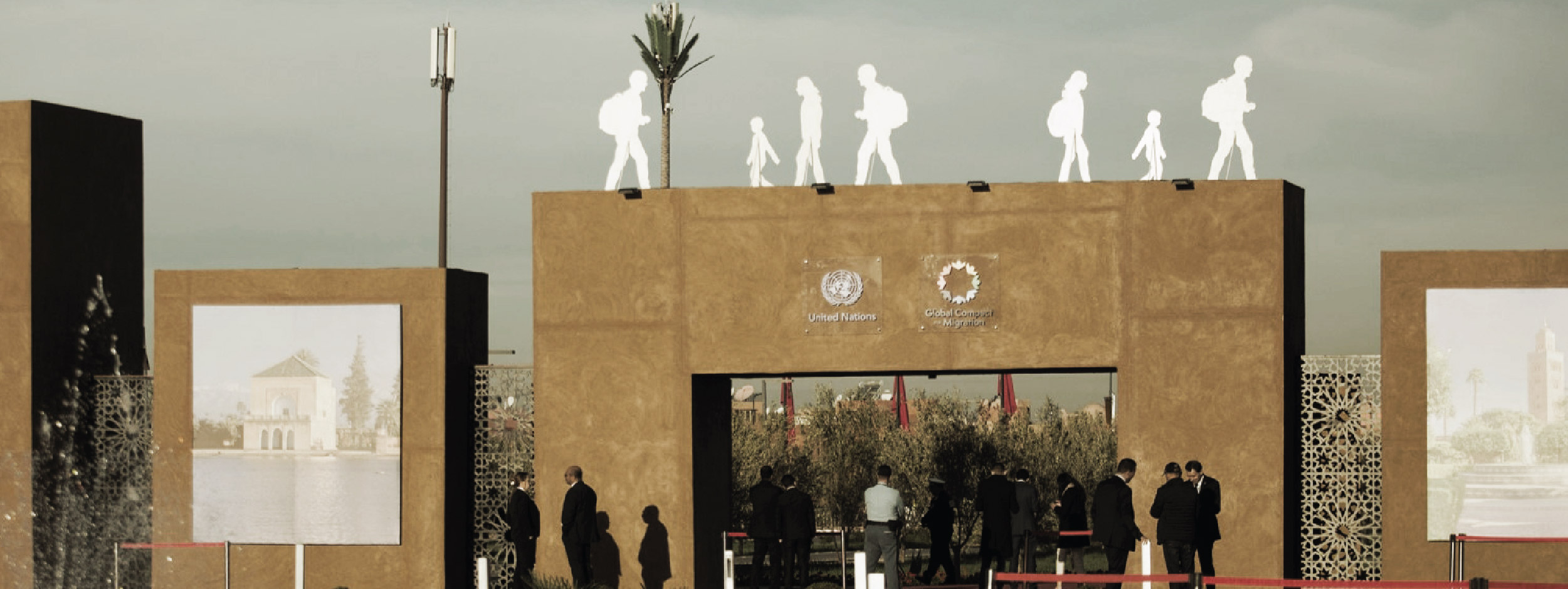The Governance of Migration in a Globalizing World

Conference grounds of the Global Compact for Migration in Marrakech, Morocco. December, 2018. UN Photo/Abdelouahed Tajani.

The challenge
International migration is an inherently transnational issue that requires cooperation among countries and a variety of stakeholders, including local governments, civil society, the private sector and international organizations. A coherent international, institutional framework for the governance of migration is yet to emerge, even though important steps have been taken, such as the signing of the Global Compact for Safe, Orderly and Regular Migration and the Global Compact on Refugees. In a globalizing world, collective action and cooperation also transcends national borders and puts pressure on governments and international organizations to reshape the global migration policy agenda.

Our research focus
CERC Migration is monitoring and assessing developments in the global governance of migration structures and frameworks. Specific issues we are investigating include:
- The governance of different forms of migration such as contract-based labour migration, asylum, return and reintegration, regional migration, irregular migration, gender-responsive migration and the emergence of migration “partnerships” such as the EU-Africa partnerships (Richa Shivakoti, Zeynep Sahin Mencutek, Hari K.C., Oreva Olakpe)
- The regional and global consultations related to the two Global Compacts, and the role of international organizations in implementing them (Younes Ahouga)
- The determinants and drivers of mixed migration at the internal, intra-regional and intercontinental levels for the Americas, West Africa, and South and Southeast Asia for the MEMO project (Anna Triandafyllidou, Ashika Niraula, Daniela Ghio, Oreva Olakpe, Richa Shivakoti, Marshia Akbar)
- The governance of asylum and refugee resettlement in Canada, regionally and globally, through both legal and international relations perspectives (Zeynep Sahin Mencutek, Aziz Rahman)
- Irregular migration and related policies through the MIrreM project and on China’s approach to undocumented or informal status (Anna Triandafyllidou, Shiva, S. Mohan, Oreva Olakpe)
- The role of data and information technology in the governance of migration in Canada and internationally (Daniela Ghio, Sara Hoyos-Hoyos, Anna Triandafyllidou, Yousef Khalifa Aleghfeli, Nick A.R. Fraser, Lucia Nalbandian, Younes Ahouga, Hari K.C.)

Related Content
